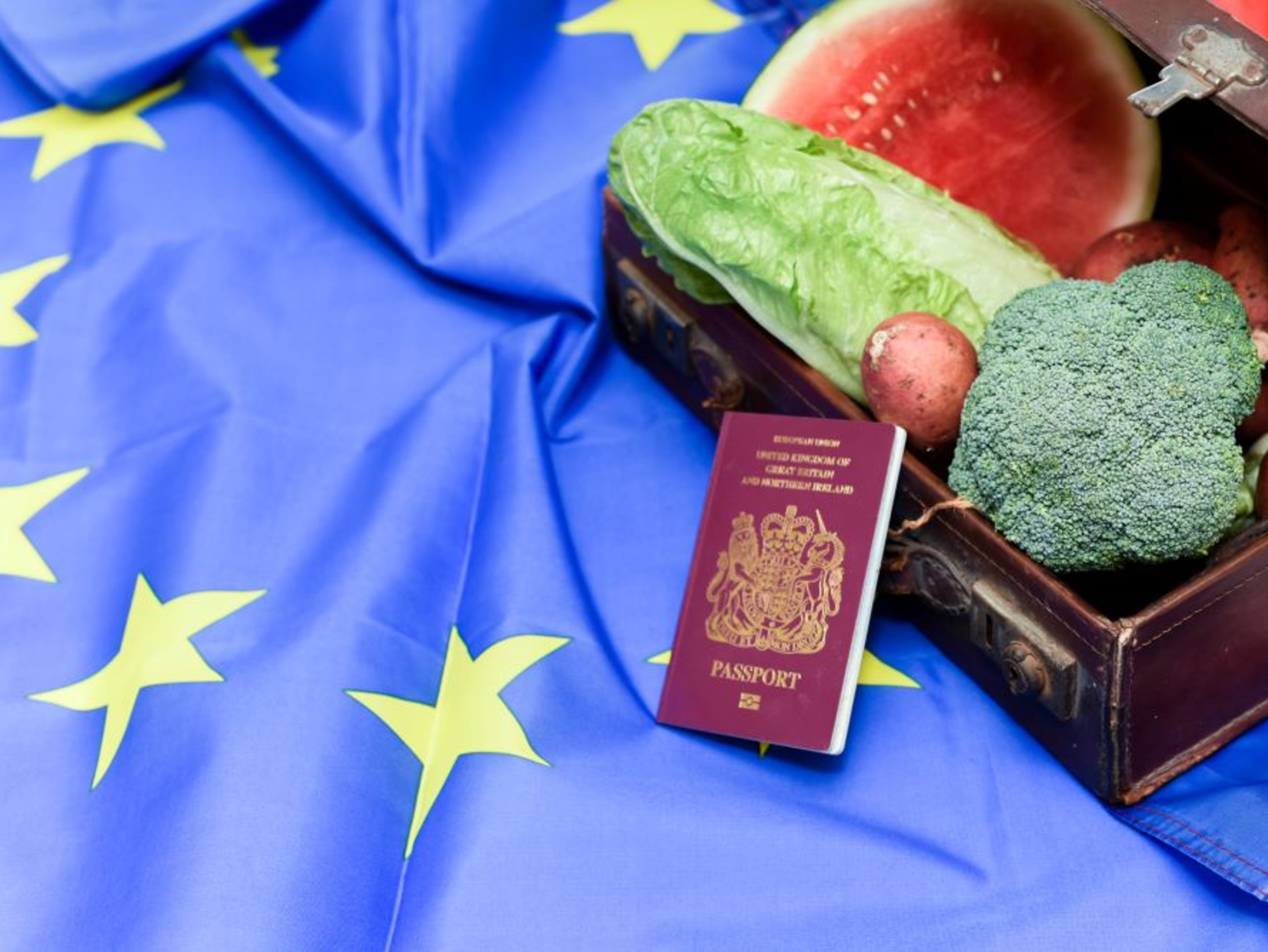
A new report is asking the government to do more to protect UK producers from food imports resulting from free trade deals that fail to meet the UK’s animal welfare standards.
The report, UK Trade Policy and Animal Welfare, commissioned by the Royal Society for the Prevention of Cruelty to Animals (RSPCA) and the National Farmers’ Union (NFU), calls on the government to establish a set of core standards for future free trade deals.
These would set out the most important animal welfare and environmental protections and reflect the UK’s own production standards.
UK-India talks – latest round ends
Publication of the report comes as round 5 of the UK-India trade deal talks end today (Friday 29 July) in New Delhi, with negotiators aiming for an autumn deadline.
For the UK to strike a trade deal with India, given its vast population and history of protectionism, would be an enormous post-Brexit trade coup for the government.
At the moment the UK suffers from a negative trade balance with India for both goods and services, the Guardian reports.
Politico today reports a warning by the RSPCA and the NFU that if the UK’s current 29% tariffs are lifted on Indian-imported liquid eggs, British egg production faces a threat.
A fast deal, or a good one
As previously covered in the IOE&IT’s Daily Update, the UK is hoping to achieve a trade deal with India by October, something that outgoing prime minister Boris Johnson has taken a close involvement in, visiting India in April to accelerate talks.
However, the House of Lords’ International Agreements Committee has questioned the Diwali deadline for a deal, cautioning that “the government could risk giving up a good deal for a fast one”.
The committee said it is unclear how comprehensive a trade deal would be given India’s challenging regulatory and business environment.
Trade policy leadership
Thinktank Respublica, which produced the report for the NFU and RSPCA, says the UK has a chance to be a global leader in best practice in animal welfare in agri-food, and could drive up standards around the world through its trade policies.
Two-tier approach
The report recommends a two-tier approach, with a top tier of “red line” standards and a second tier of “aspirational standards”, reports Farming Weekly.
Under the proposals, food imports that fail to meet standards in the top tier would be subject to simple bans, whereas goods that fail the second tier would not receive any of the preferential tariff treatments contained in a free trade agreement.
Red line areas would include the most environmentally damaging or low-welfare practices and reflect bans in domestic legislation.



